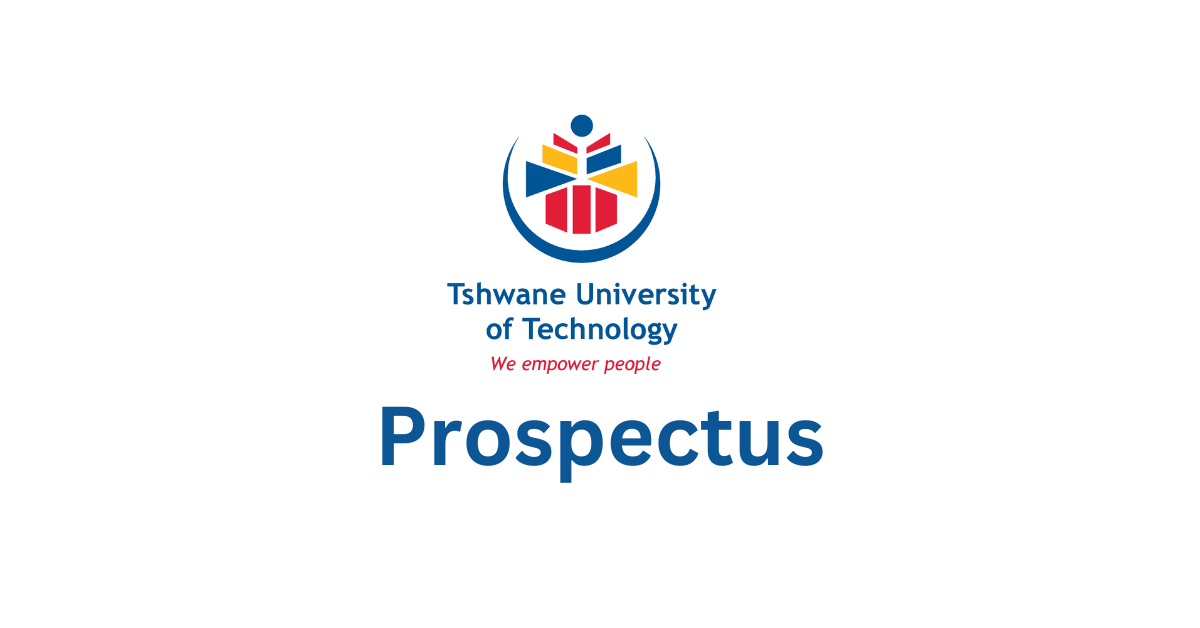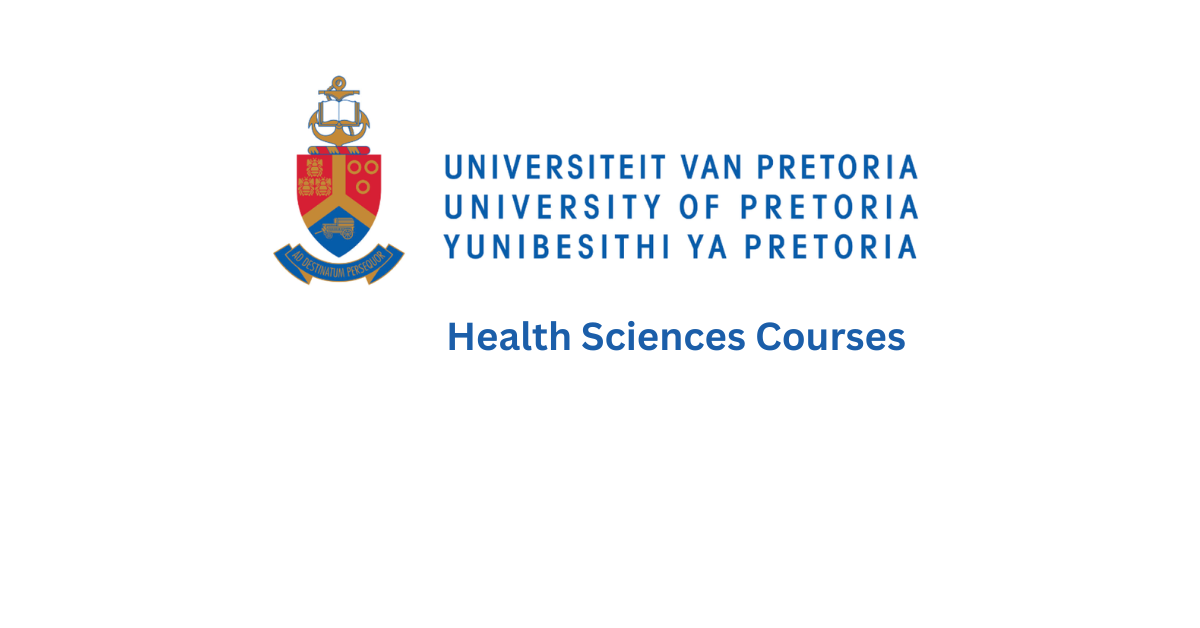The University of the Western Cape (UWC), located in Cape Town, South Africa, stands as a beacon of inclusive education and academic excellence. Known for its dedication to social justice and community development, UWC offers a wide array of undergraduate and postgraduate programs across several faculties. This article provides a detailed guide to its courses, admission requirements, application procedures, and fees.
Courses Available
UWC’s academic offerings span diverse fields, ensuring students find programs tailored to their interests and career goals. The university is organized into the following faculties:
Faculty of Arts and Humanities
Courses in languages, literature, social sciences, and history. Programs such as BA in Languages and Culture and Bachelor of Social Work are notable.
Faculty of Community and Health Sciences
Focuses on health-related programs like Physiotherapy, Occupational Therapy, and Nursing.
Faculty of Dentistry
Renowned for undergraduate and postgraduate dentistry qualifications, UWC is a leader in oral health education.
Faculty of Economic and Management Sciences
Offers programs in Accounting, Economics, Business Administration, and Finance.
Faculty of Education
Provides teacher training in disciplines like Early Childhood Development and Curriculum Studies.
Faculty of Law
Includes specialized courses such as Comparative Constitutional Law, Human Rights, and Environmental Law.
Faculty of Natural Sciences
Covers courses in Computer Science, Biotechnology, and Environmental Studies.
Postgraduate programs are robust, particularly in the Faculties of Law and Natural Sciences, with opportunities for research and coursework-based qualifications.
How to Apply for the Courses
The application process at UWC is straightforward and digital. Here’s how you can proceed:
- Online Application: Visit the UWC website and access the online application portal. Create a profile and submit the required details.
- Supporting Documents: Include your academic transcripts, identification documents, and, where applicable, motivation letters or portfolios.
- Program Selection: Carefully choose your desired program (s) based on your qualifications and interests.
- Application Fee: Pay the non-refundable application fee as indicated on the university’s website.
- Deadlines: Ensure all materials are submitted before the deadline, as late applications are not typically accepted.
For postgraduate applications, additional steps may include supervisor approval and research proposals.
General Admission Requirements
Undergraduate Programmes
- A National Senior Certificate (NSC) with a minimum achievement level as specified for each program.
- Compliance with UWC’s Points System based on subjects and performance. For example, degrees in Science require strong grades in Mathematics and Physical Sciences.
Postgraduate Programmes
- A relevant undergraduate degree with an appropriate grade average (usually 60% or higher).
- Additional qualifications or work experience may strengthen your application.
International students must meet equivalent academic qualifications and provide proof of English language proficiency, such as TOEFL or IELTS scores.
Specific Programme Requirements
Each faculty at UWC has unique requirements tailored to its disciplines. For example:
- Health Sciences: Candidates for Nursing or Physiotherapy must have high scores in Biology and Physical Sciences.
- Law: LLB applicants must demonstrate excellent language skills and comprehension abilities.
- Natural Sciences: Programmes like Computer Science require proficiency in Mathematics.
- Dentistry: Admission is highly competitive and based on academic merit and a mandatory interview.
Detailed requirements for specific programs are available on the UWC website.
Courses Fees
UWC’s tuition is among the most affordable in South Africa, reflecting its commitment to accessible education. Undergraduate tuition fees range from ZAR 30,000 to ZAR 60,000 per year, depending on the program. Postgraduate fees vary by faculty and level of study, with research-based degrees often being less expensive than coursework options.
Additional costs may include:
- Laboratory Fees: For science-related programs.
- Clinical Fees: For health and dentistry courses.
- Student Services Fees: Covering administrative and campus services.
Conclusion
The University of the Western Cape is a hub of intellectual growth and community development. Its diverse courses, flexible learning opportunities, and affordable fees make it an excellent choice for students locally and globally. Whether you’re drawn to arts, health sciences, law, or natural sciences, UWC offers pathways to achieving your academic and professional ambitions.
For more details, visit the official UWC website at www.uwc.ac.za.



